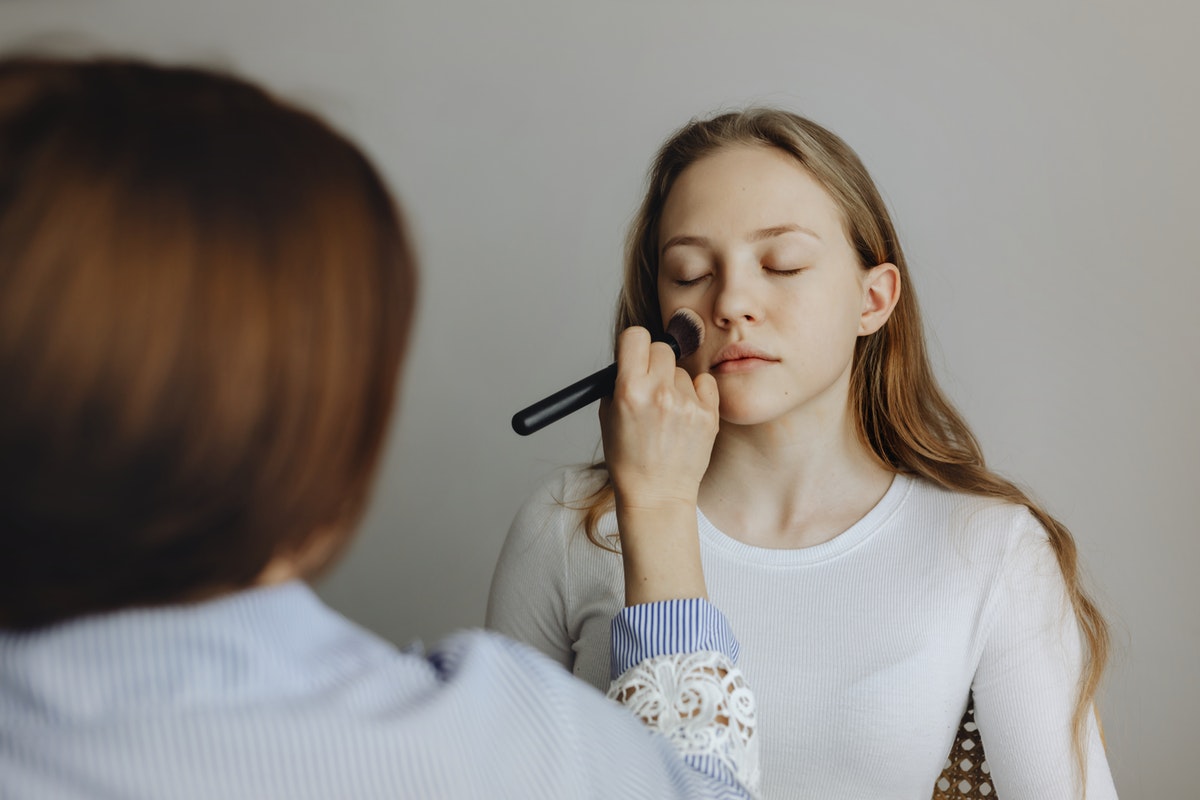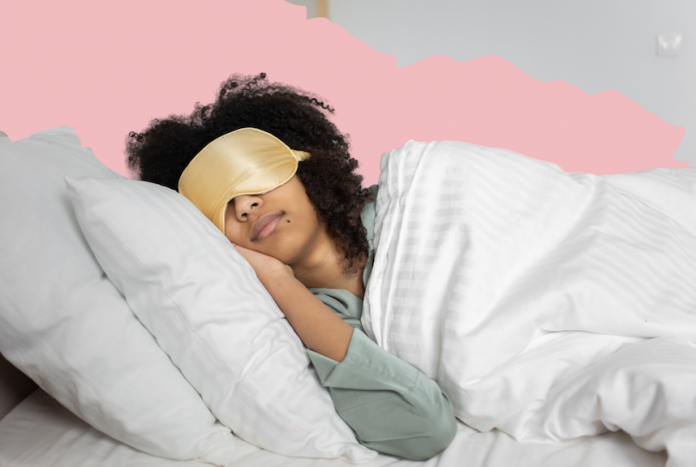Acne is a common skin condition where oil, dirt, and bacteria block the skin’s pores, leading to white and black heads. But we didn’t need to tell you that right? As anyone who lived through their teenage years looking in the mirror can attest, acne can cause self-consciousness at best and scarring at worst.
Acne mostly develops on the face, neck, chest, and back, where there is a high concentration of oil glands, and in some cases, a few blemishes are inevitable. That said, it is possible to have a clearer complexion if you follow a good skincare routine in addition to acne treatment, and here’s how; our 7 IDEAL steps to acne free skin.
GO FOR GENTLE PRODUCTS
Let’s get into it. Many sufferers of acne choose harsh scrubs and chemicals to deep clean their skin, and labour under the misconception that this will exfoliate the skin and rid it of spots. However, most of these products make the skin dry or cause irritation, thereby making skin conditions even worse.
Instead, opt for gentle products such as alcohol-free cleansers, lukewarm water, and face-cleansing products that are designed for sensitive skin and help you fight acne naturally. It’s also a good idea to avoid scrubbing the skin as it spreads bacteria from the pores and can cause inflammation.

CHECK YOUR DIET
Not all causes (and solutions) of acne are the result of external forces. Indeed, your diet may also be causing problems with your skin. In particular, high glycaemic foods are known to alter the body’s hormonal balance, thereby increasing oil production and resulting in an increased risk of acne. What’s more, food which falls into this category, such as chips, processed meat and white bread, also lead to large increases in blood sugar over a short period, which is linked to facial inflammation. But the good news is that, on the flipside, there’s stuff you can include in your diet which is good for your skin, such as non-starchy vegetables, lentils, and legumes.
READ LABELS WHEN IT COMES TO COSMETICS
In the fight against acne, it’s good to hone in on the problem with precision. Therefore, you should choose products that are specifically meant for oily skin. If the product does not indicate the type of skin it’s intended for, be scrupulous; check to ensure that it does not contain any oil.
While scrutinising that label, prioritise mineral-based products, which have a gentle, purifying quality. For other products which will come into contact with your skin, such as toiletries and sunscreen, seek those which are non-comedogenic, meaning they have specifically been designed not to clog pores.

CLEAN YOUR FACE BEFORE YOU SLEEP
Complicated, extra skincare regimes should be treated with caution, as constant application of product to your face (and the excessive touching that entails) can cause more harm than good.
Keep it simple here; washing your face before going to bed is one of the best routines for all skin types. Since makeup covers pores and prevents the skin from recovering after exposure to the weather and other harmful elements, it’s essential that you remove it prior to bed. Combine this with a gentle face cleanser to remove makeup and any dirt and after patting your face dry, apply a moisturiser to hydrate the skin all night long. Simples.
TAKE STEPS TO PROTECT SKIN FROM THE SUN
Despite the abundant myths, sunbathing does not clear up the skin. In fact, excessive exposure to UV rays increases the risk of wrinkles, sunburn, skin cancer, and rapid ageing of the skin. Sensible, then, to avoid sunbathing for regular, extended periods and give the tanning beds a swerve, too, as studies have shown a 1.8% increase in the risk of melanoma for each additional session of sunbed use per year.
This is particularly pertinent if you’re an acne sufferer who has been prescribed retinoid by a doctor. Because such drugs increase your skin’s sensitivity to UV light, there’s a danger that your skin will burn faster and with greater severity. If you’re out and about and have been using acne cream, also wear sunscreen, sunglasses, or a hat with a wide brim to protect your face.

KEEP YOUR HAIR IN CHECK
If you have greasy, oily hair, it can pose a real threat to that blemish free visage you’ve been nurturing. Allowing it to touch your face can further contribute to a risk of developing pimples. What’s more, some hair products are known to cause acne, so keep them off your skin when applying them. Gels and hairsprays, in particular, can clog pores, and hair conditioners can also cause problems with your skin. Therefore, it’s important to wash your face, chest, and neck after you’re done shampooing your hair.
AVOID TOUCHING YOUR FACE AND BREAKING THE SKIN
Your hands harbour oil and dirt like you wouldn’t believe. If you have a habit of constantly touching your face (don’t we all?) you’re likely to transfer these contaminants onto your face, which could trigger an outbreak of acne. Furthermore, popping any spots can facilitate the transfer of bacteria from one part of the face to another, which can lead to new breakouts. So, resist the temptation. It’s good practice to clean your hands regularly throughout the day or use a hand sanitizer.





